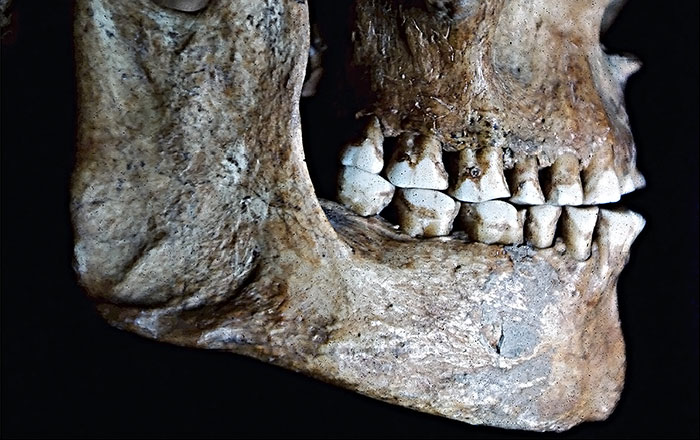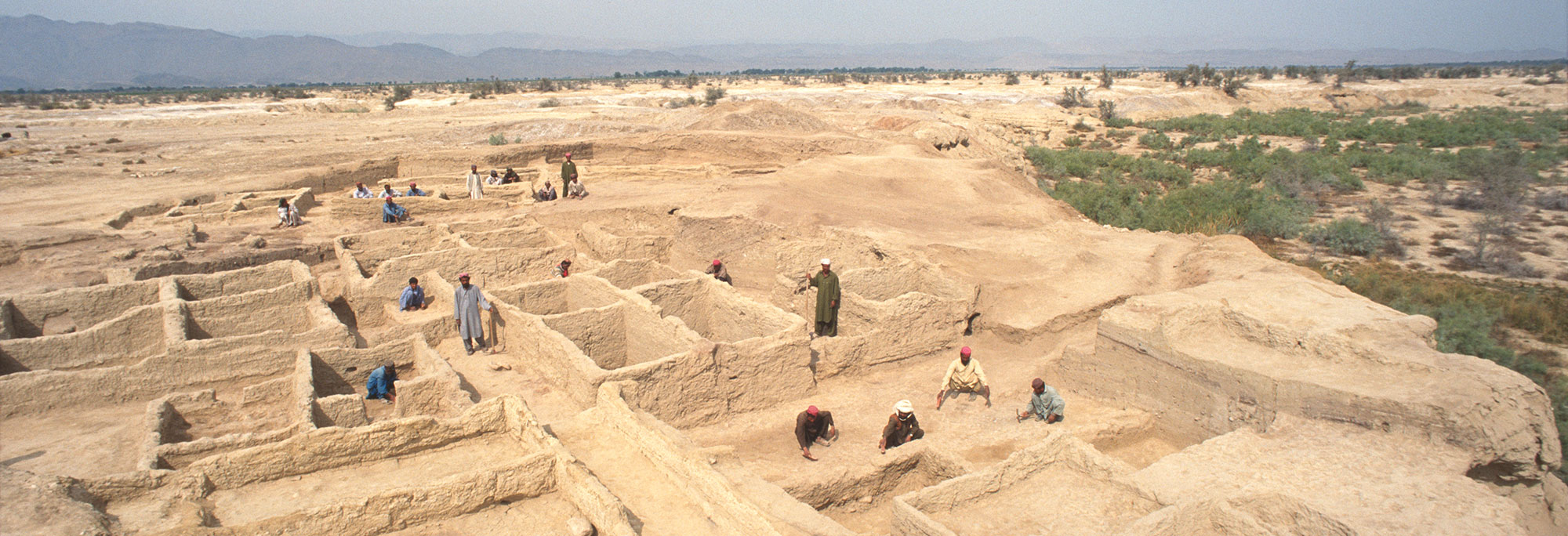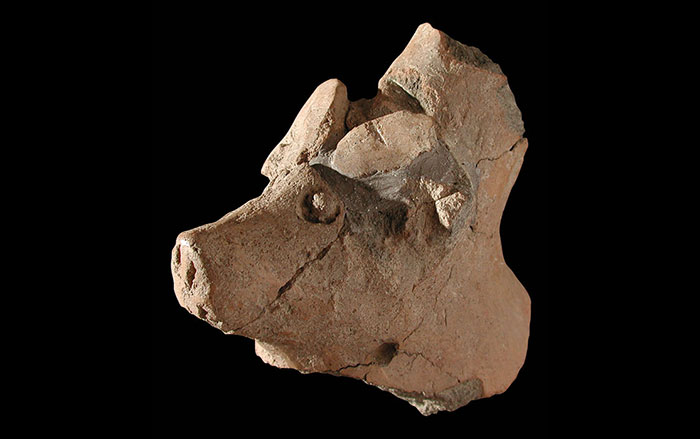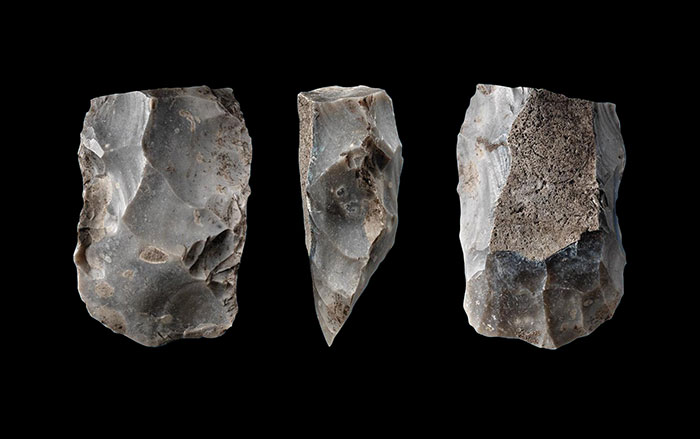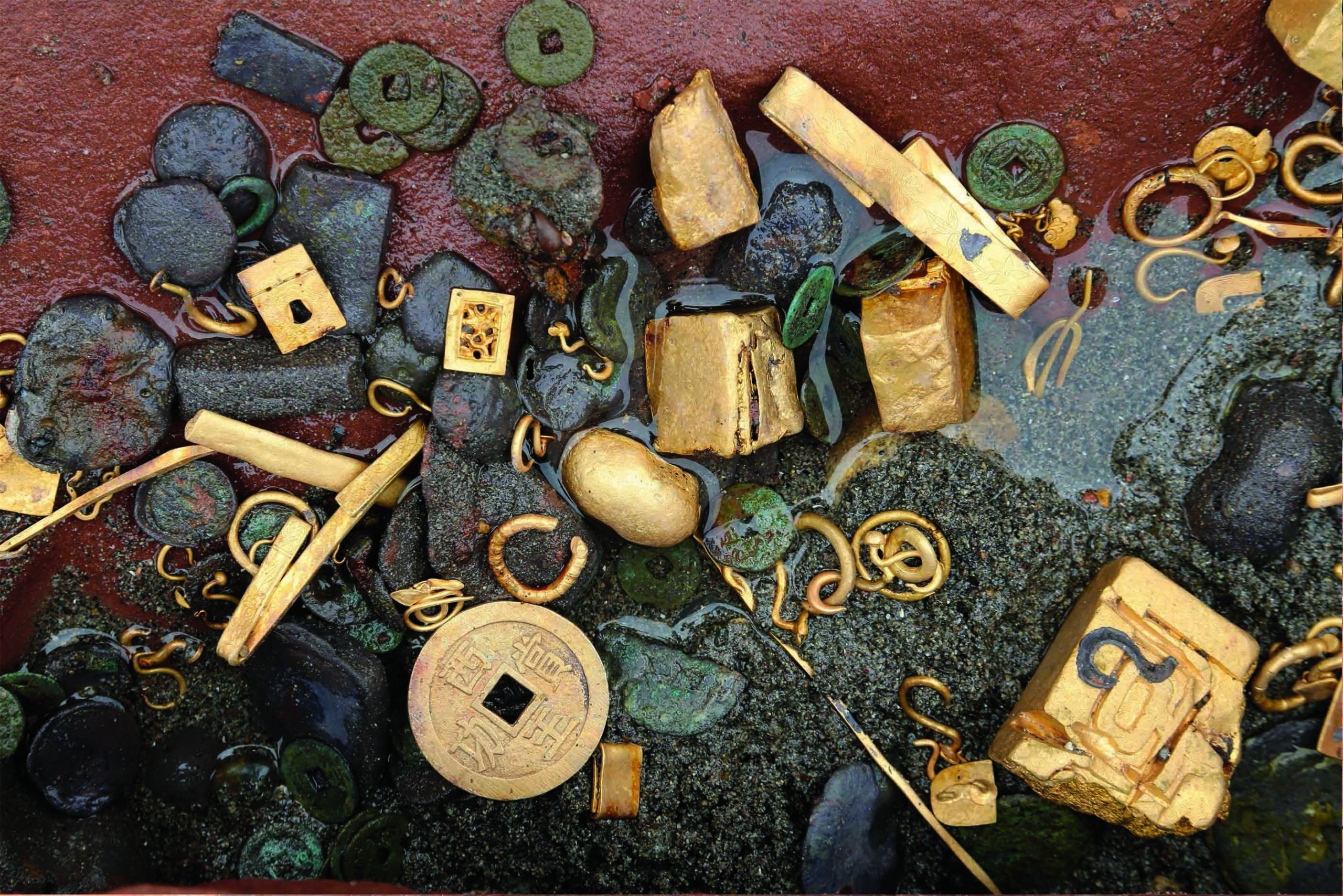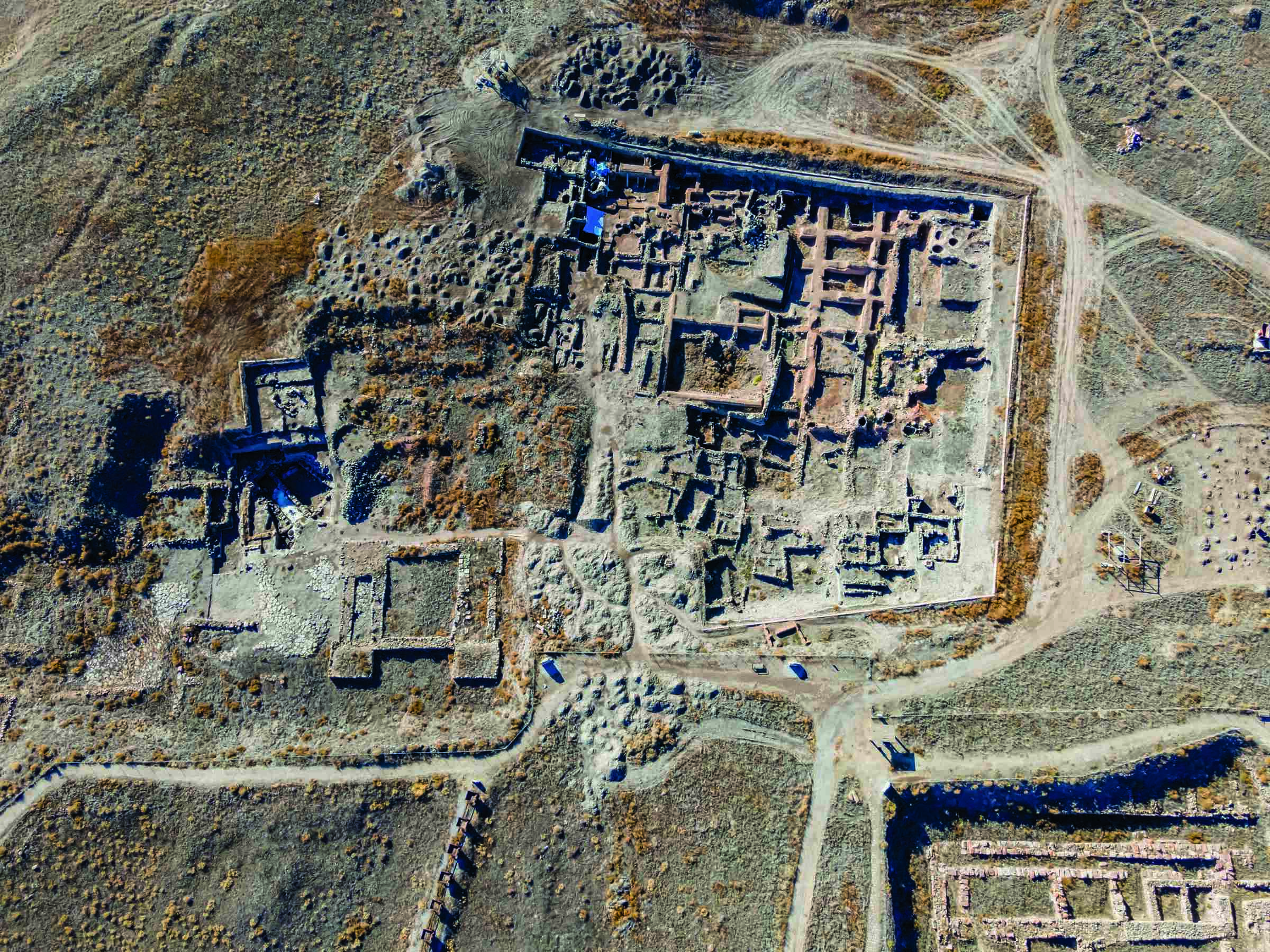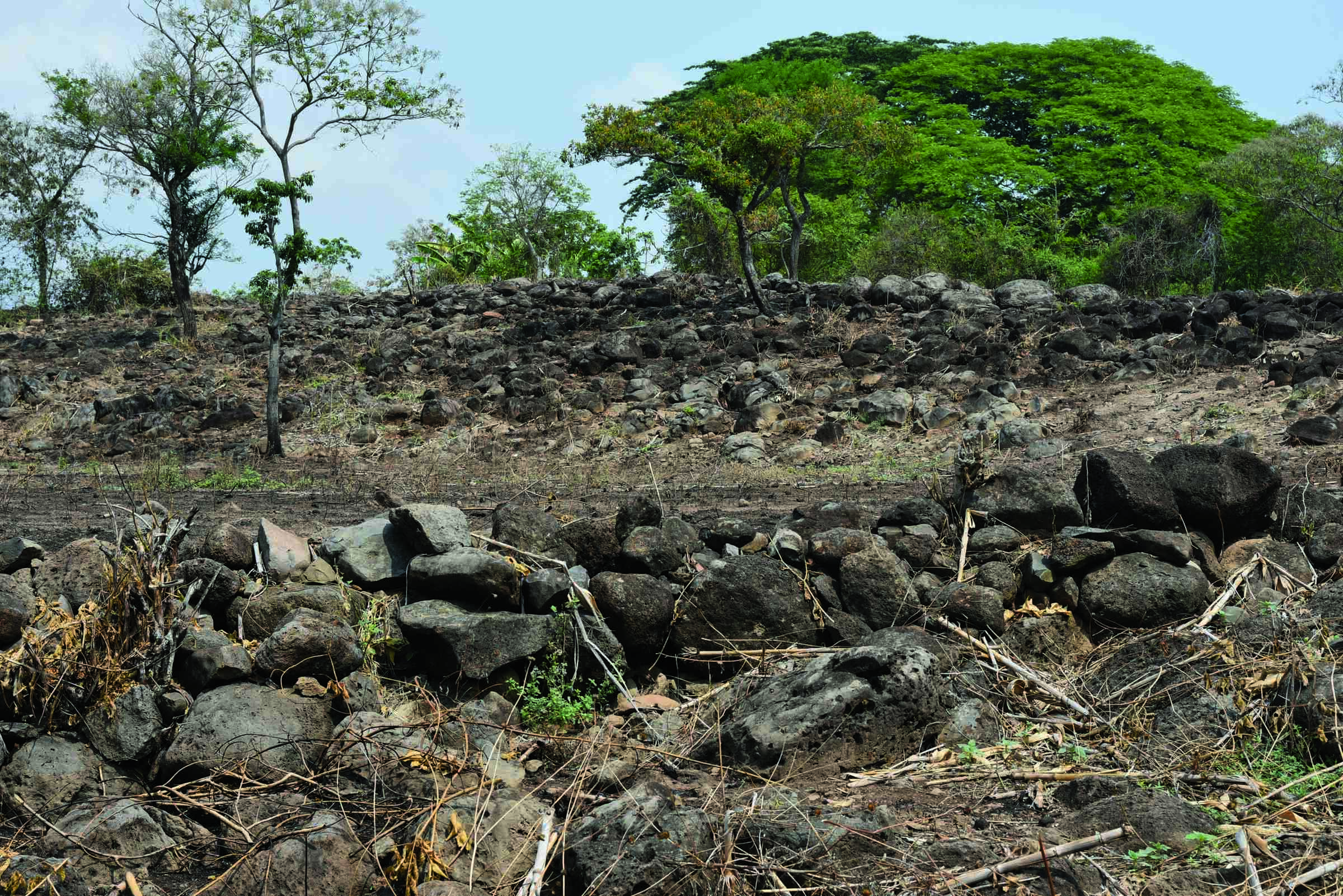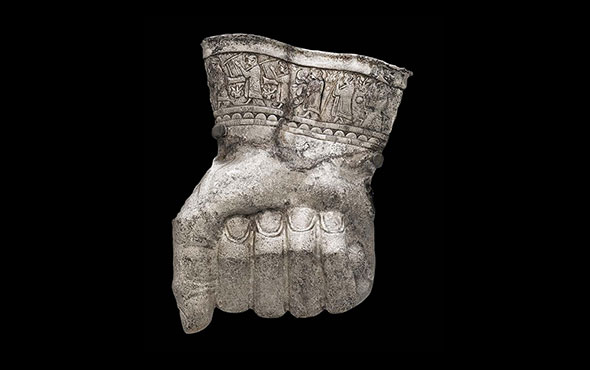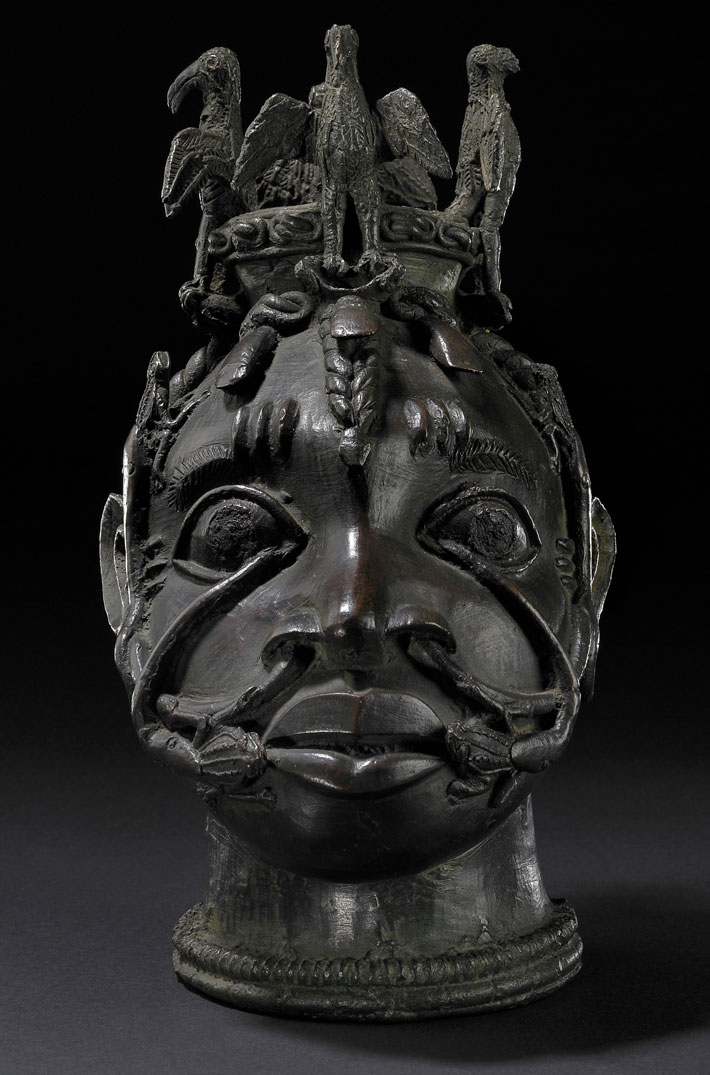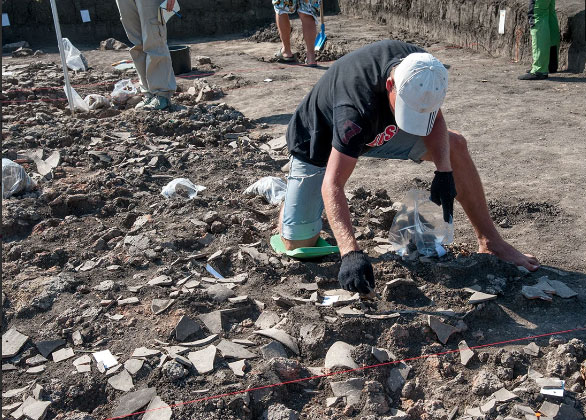
KIEL, GERMANY—According to a statement released by Kiel University, people who lived in large Neolithic settlements in the forest steppe northwest of the Black Sea some 6,000 years ago grew crops and kept animals, but they consumed a diet consisting mainly of grain and peas. As many as 15,000 people may have lived in these planned Trypillia societies, equipped with meeting houses and neighborhoods. Archaeologist Johannes Müller and archaeobotanist Wiebke Kirleis analyzed the isotopes in human and animal bones, and compared their chemical composition to isotope measurements taken from charred peas, cereal grains, and soil samples from several Trypillia settlements. They found that the peas were high in protein and provided essential amino acids. “We concluded that a large proportion of the cattle and sheep were kept on fenced pastures,” said paleoecologist Frank Schlütz. “Moreover, the manure of the animals produced there was used by people to intensively fertilize the peas in particular,” he added. Finally, the pea straw was then probably fed to the livestock. Read the original scholarly article about this researhc in Proceedings of the National Academy of Sciences. To read about a structure at a Trypillia site that may be one of the largest prehistoric buildings known, go to "World Roundup: Ukraine."


